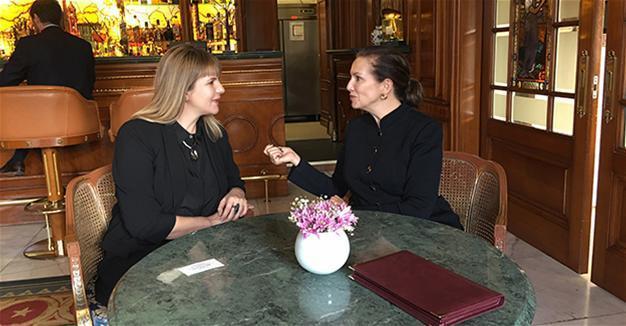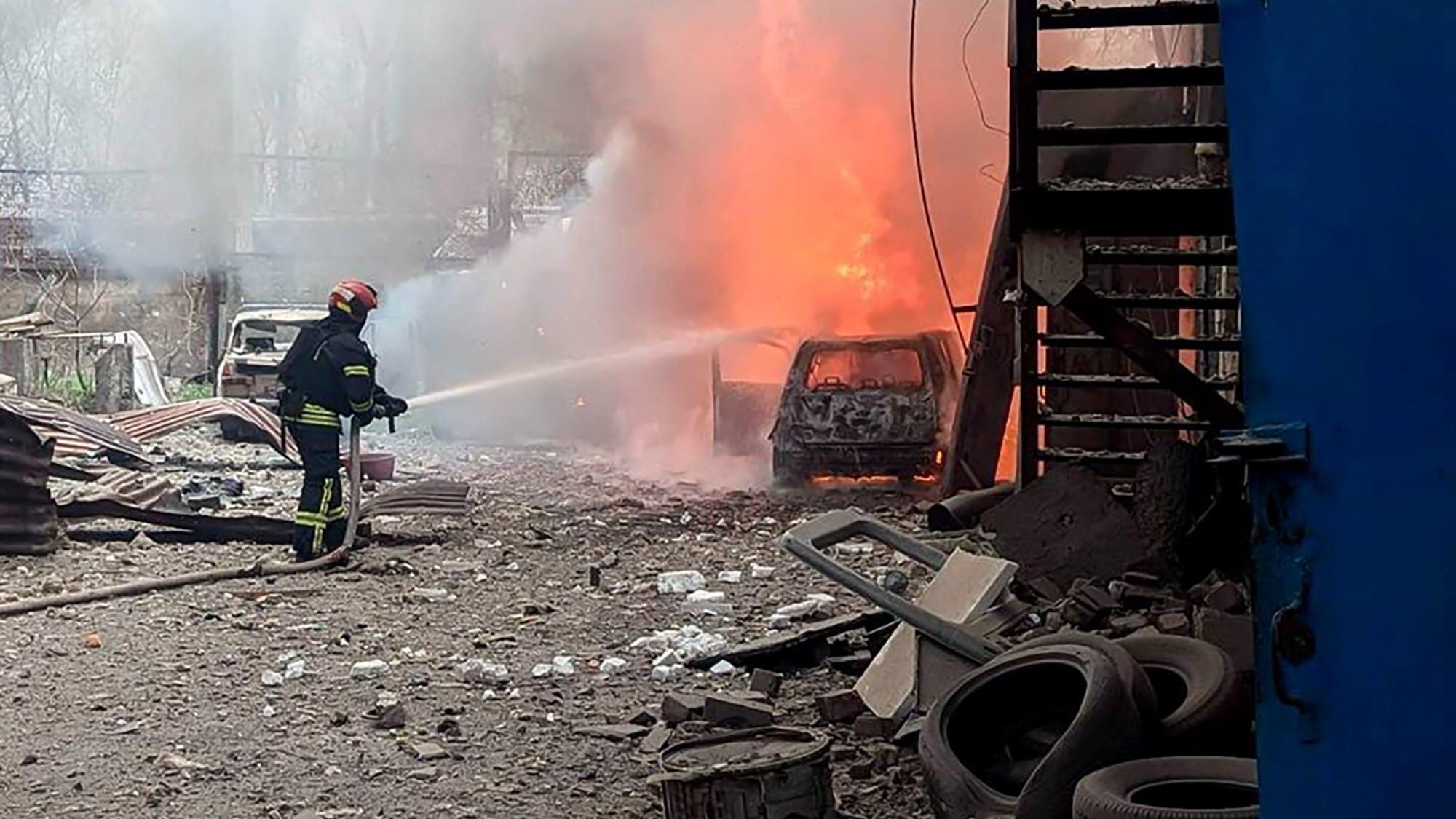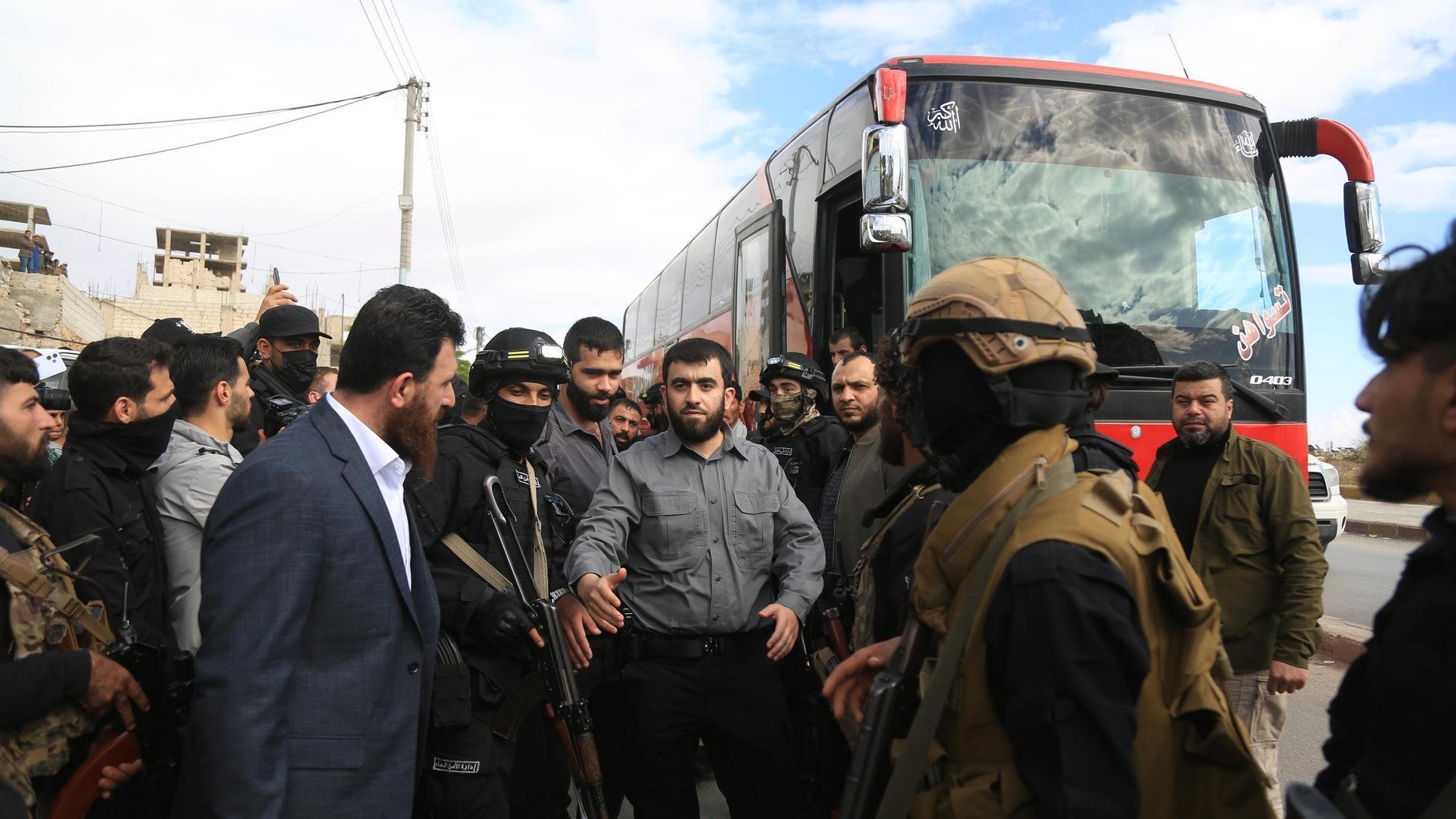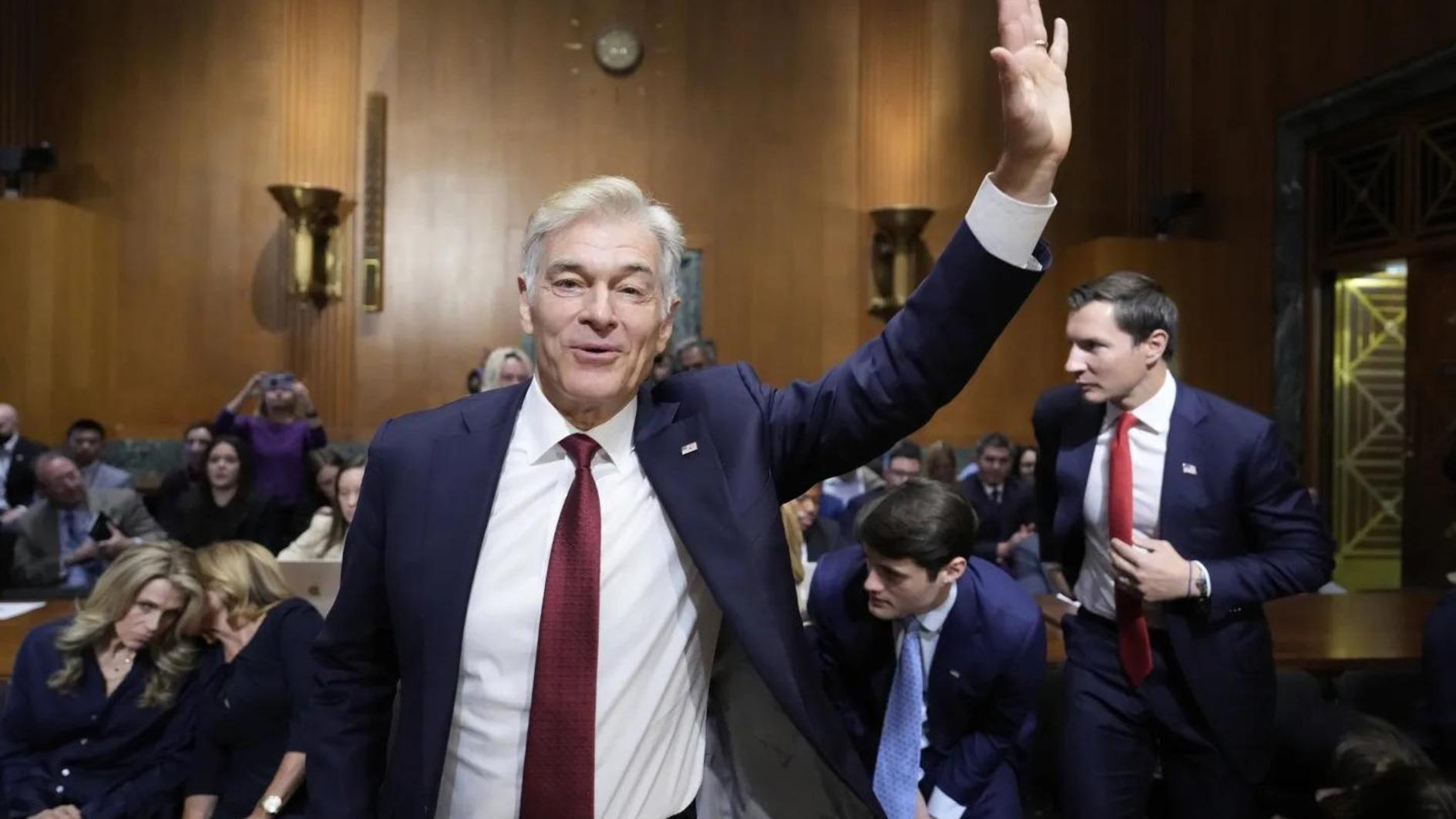US will not abandon Kurds, says former senior official
Cansu Çamlıbel - ROME
 The United States will not give up its support for Kurdish groups in Syria and Iraq despite Turkey’s opposition, former U.S. Assistant Secretary of Defense Mary Beth Long has stated.
The United States will not give up its support for Kurdish groups in Syria and Iraq despite Turkey’s opposition, former U.S. Assistant Secretary of Defense Mary Beth Long has stated.“I think there has been a lot of good evidence that both the Kurds in Iraq and the Kurds in Syria have been some of the most effective fighting forces,” Long told daily Hürriyet in Rome when asked whether President-elect Donald Trump would continue to support the Syrian Kurdish Democratic Union Party (PYD), listed as a terrorist organization by Turkey, in the fight against the Islamic State of Iraq and the Levant (ISIL).
“The last thing you want to do is undermine that, take it off the battlefield, limit it or diminish it,” she said.
Long served as a former CIA official who worked for the Defense Department under Donald Rumsfeld and Robert Gates. She also had a crucial role in Mitt Romney’s presidential campaign in 2012, and is reportedly expected to have a position in Trump’s administration.
“The balance of that of course will be Turkish worries over Kurdish independence and Kurdish violence inside Turkey, to the extent that the Kurds are involved in some plots and other violent activities that we have seen over the last year,” Long added.
According to Long, the U.S. may treat the Kurds in Iraq and Syria “somewhat differently.”
“I guess what I am trying to say is that those Kurds [in Iraq] may be treated by the U.S. somewhat differently than the Syrian Kurds who [President Recep Tayyip] Erdoğan is more concerned about,” she said.
“I can’t see the U.S. abandoning the Kurds, I can’t see the U.S. abandoning the Kurds fighting ISIL in Syria and Iraq. I can’t see the U.S. losing the potential buffer that Kurds represent or could represent between a possibly hostile Russian-Iranian-Syrian post-conflict entities. We can call it Syria or something else … on the border with Turkey. I think this is also something for Erdoğan to also consider. Does he want a buffer there? What would that buffer look like?” she added.
According to Long, the U.S. is “looking keenly at what could very well be a hostile Iraqi-Shia-Iranian proxy state” on the Turkish border.
“I think what you will expect will be a very nuanced approach where the U.S. tries to keep its relations with both [sides], trying to persuade Erdoğan that taking both of those entities fighting abilities off the battlefield during the anti-ISIL fight is a mistake. Trying to persuade Erdoğan that everyone should look toward the most distant future as to what buffer may be needed there and how that buffer should or could look like,” she said.
Ankara considers the PYD to be an offshoot of the outlawed Kurdistan Workers’ Party (PKK) and a terrorist group, while Washington considers it a key ally in the anti-ISIL fight despite Ankara’s opposition.
















